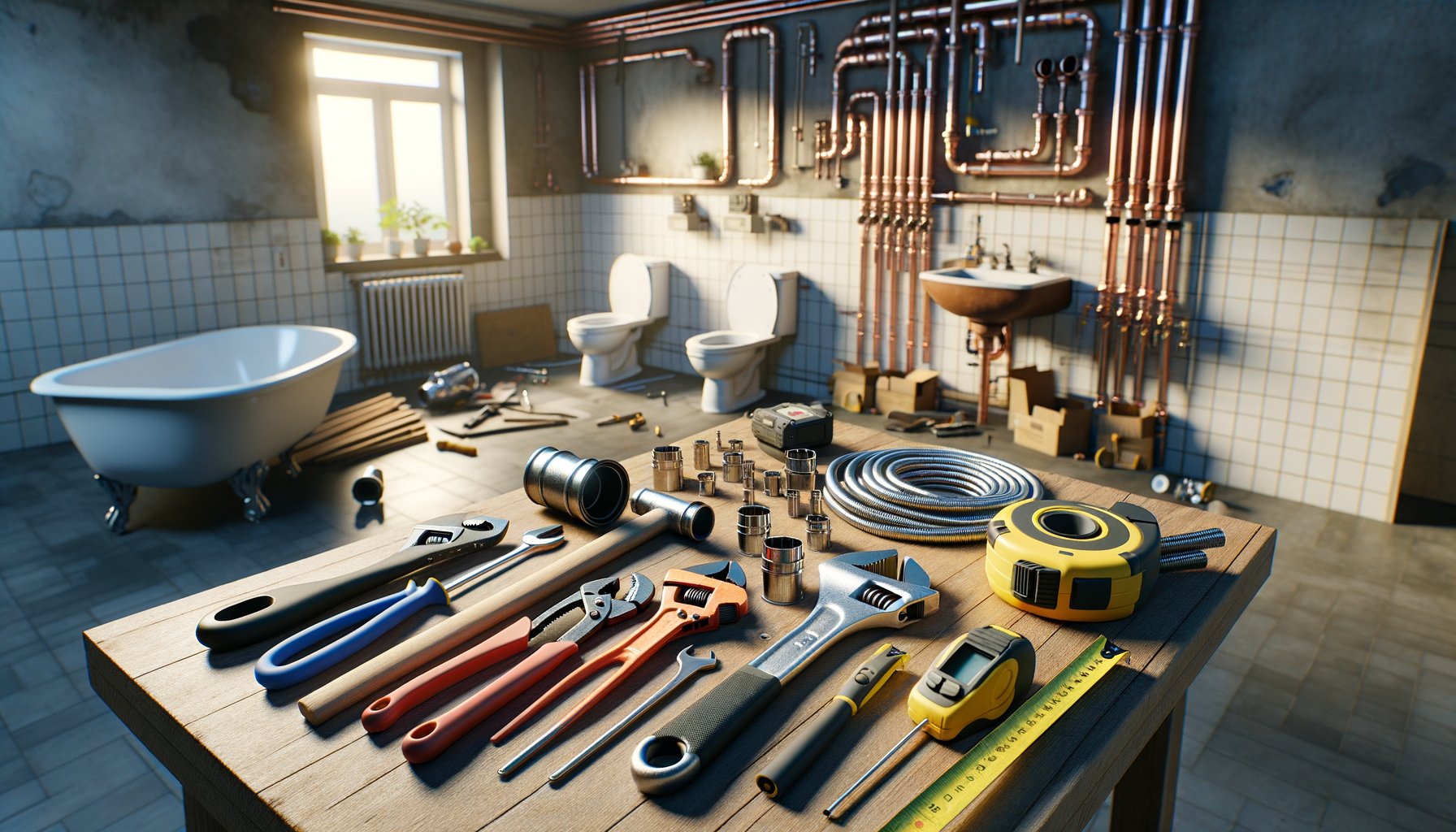
Plumber Training Opportunities in the UK
Understanding the Basics of Plumber Training
Plumbing is a vital trade in the UK, providing essential services to homes and businesses. Understanding the basics of plumber training is crucial for anyone considering this career path. The training process typically begins with an apprenticeship, which combines on-the-job experience with classroom instruction. Apprenticeships are designed to give trainees a comprehensive understanding of plumbing systems, including water supply, drainage, and heating systems.
During the apprenticeship, trainees work under the supervision of experienced plumbers, learning practical skills such as pipe installation, repair techniques, and system maintenance. In addition to hands-on training, apprentices attend classes to study plumbing theory, building codes, and safety regulations. This dual approach ensures that trainees are well-prepared for the challenges of the job.
Key components of plumber training include:
- Understanding plumbing systems and components
- Learning about building codes and regulations
- Developing skills in pipe fitting and installation
- Mastering repair and maintenance techniques
- Ensuring compliance with health and safety standards
Overall, plumber training is designed to equip individuals with the knowledge and skills needed to succeed in this demanding yet rewarding field. With a strong foundation in both theory and practice, trainees are well-positioned to advance their careers and meet the growing demand for skilled plumbers in the UK.
Exploring Different Training Pathways
In the UK, aspiring plumbers have several training pathways to choose from, each offering unique benefits and opportunities. One popular option is enrolling in a college course in plumbing. These courses typically last between one and three years and cover a range of topics, from basic plumbing skills to advanced techniques. College courses often include practical workshops, allowing students to gain hands-on experience in a controlled environment.
Another pathway is through vocational qualifications, such as NVQs (National Vocational Qualifications) in plumbing. NVQs are work-based qualifications that assess a trainee’s ability to perform specific tasks and demonstrate competence in various aspects of plumbing. These qualifications are highly regarded in the industry and can lead to increased job opportunities and higher earning potential.
For those seeking a more flexible approach, online courses and distance learning programs are also available. These options allow individuals to study at their own pace, making it easier to balance training with other commitments. While online courses may not offer the same level of practical experience as traditional programs, they can provide a solid foundation in plumbing theory and principles.
Ultimately, the choice of training pathway depends on individual preferences, career goals, and circumstances. By exploring the different options available, aspiring plumbers can find the route that best suits their needs and sets them on the path to a successful career in the plumbing industry.
The Role of Certifications and Licenses
Certifications and licenses play a crucial role in the plumbing industry, ensuring that professionals meet the necessary standards of competence and safety. In the UK, plumbers are required to obtain certain certifications to legally perform specific tasks, such as working with gas appliances or installing certain types of plumbing systems.
One of the key certifications for plumbers is the Gas Safe Register, which is mandatory for anyone working with gas installations. Being on the Gas Safe Register demonstrates that a plumber is qualified to safely and legally work with gas appliances, providing peace of mind to customers and employers alike.
In addition to the Gas Safe Register, plumbers may choose to pursue additional certifications to enhance their skills and career prospects. These can include certifications in renewable energy systems, such as solar thermal installations, or specialized areas like underfloor heating systems. By obtaining these certifications, plumbers can expand their expertise and offer a broader range of services to clients.
Licensing requirements can vary depending on the region and specific tasks involved. It is essential for plumbers to stay informed about the latest regulations and ensure they hold the necessary licenses to practice legally and safely. This commitment to professional development not only benefits the individual plumber but also contributes to the overall reputation and reliability of the plumbing industry.
In summary, certifications and licenses are vital components of a plumber’s career, providing assurance of quality and safety to clients and employers. By prioritizing these credentials, plumbers can enhance their skills, expand their service offerings, and build a successful career in the plumbing industry.


